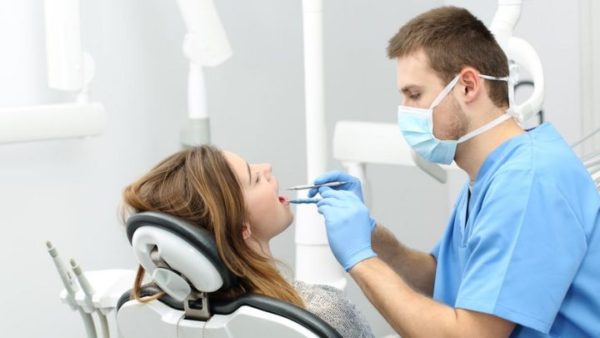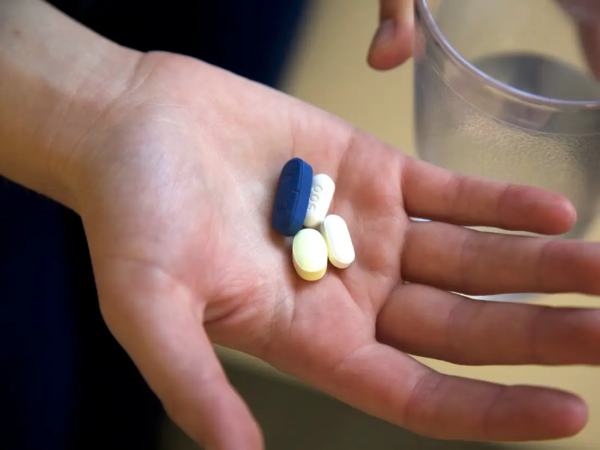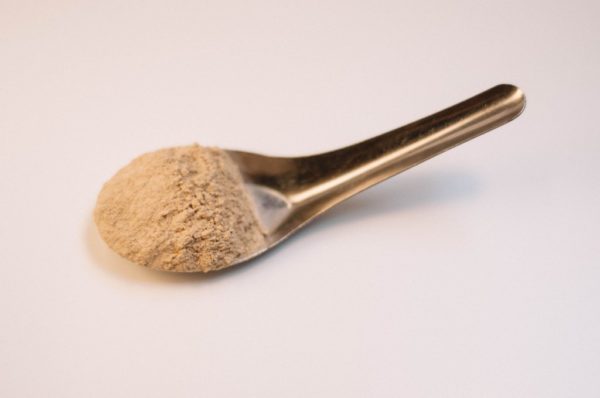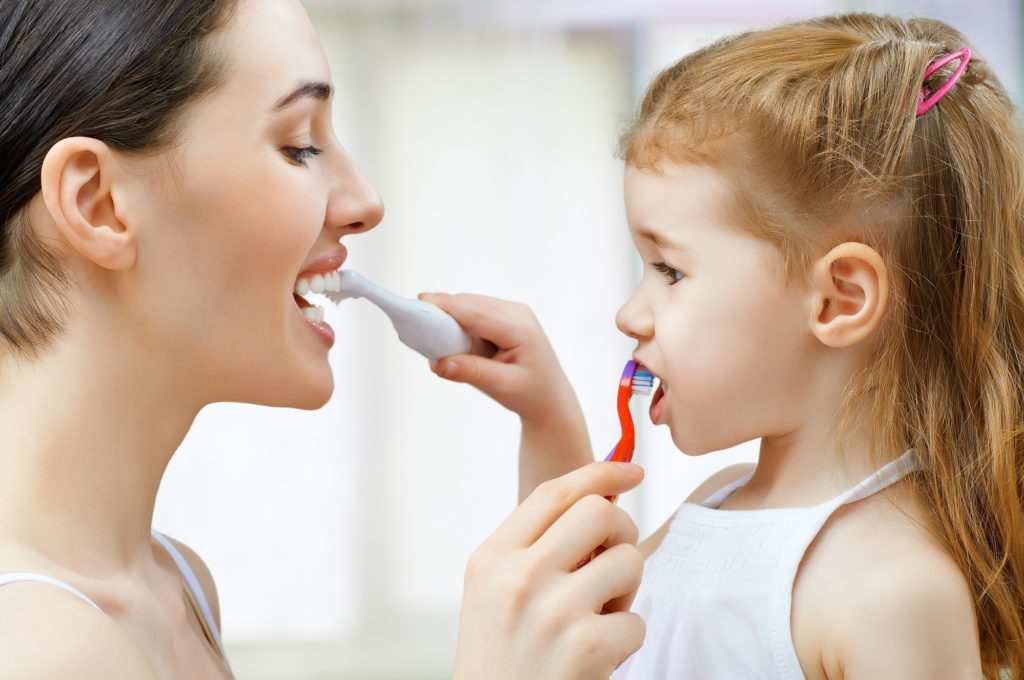Gingivitis is an inflammation of the gums. These become red, irritated, swollen, as they are ordinarily firm and pale pink. They can bleed easily, especially when brushing teeth. Gingivitis is very common. It can progress if it is not taken into account, causing more severe and difficult to treat diseases such as periodontitis. If not treated, the infection can indeed win the gums, bones, and surrounding tissues of the teeth. Gingivitis finally corresponds to the early stage of gum disease.
Gingivitis occurs due to the presence of dental plaque. Plaque is a sticky film composed primarily of bacteria but also of salivary proteins, sugars, and acids, which accumulate on teeth. This plaque thickens and hardens into calculus if the teeth are not properly and regularly brushed. It is the tartar that is responsible for the occurrence of gingivitis. More calculus is present on the teeth, the more he attacks the gums. The best way to fight against gingivitis is to have good oral hygiene and brushing teeth regularly. This simple action makes it possible to remove plaque and reverse the progression of gum disease.
Gingivitis Treatment: Diagnostic
The diagnosis of the symptoms is described by the dentist. Then, the professional examines the teeth and gums. S/he can make an X-ray to see if the bones are achieved.

Gingivitis Treatment: Causes
Gum diseases are primarily due to poor oral hygiene. A high sugar diet, a severe vitamin C deficiency, or other nutritional elements and smoking (the chemicals in tobacco smoke damage the gums and teeth) are also risk factors. Some medications may worsen gum problems by interfering with the production of saliva, which helps eliminate bacteria and sugars.
There is also a genetic predisposition to such problems. Women seem to be more sensitive during pregnancy and menopause due to hormonal changes. Finally, diabetes and other chronic diseases that decrease in resistance to infection increase the risk.

Gingivitis Treatment: Complications
Gingivitis is the first stage of periodontal disease. If the infection progresses, it can reach the deeper tissues, bone, and thus turn into more serious conditions that can, for example, lead to tooth loss. Poor dental hygiene also has harmful effects on health in general.
Gingivitis Treatment: associated disorders
Gingivitis can be associated with respiratory disorders. The bacteria in plaque can travel from the mouth to the lungs and cause infection or worsen lung disease already present. There is also a link between gum disease and diabetes. Diabetes may be more challenging to control because of the increased presence of bacteria transmitted through blood, raising blood sugar levels. In pregnant women, gingivitis is associated with a higher risk of premature birth and low infant birth weight.
Periodontal diseases include gingivitis and periodontitis. The first corresponds to an infection of the gums, the second to an infection of the tooth bone. Periodontal disease corresponds to the leading cause of tooth loss in adults.

Gingivitis Treatment: symptoms
- Red, swollen gums
- Sensitive gums
- Pain
- Bleeding gums when brushing or crunchy hard food
- Loose teeth
- Strong breath
- Abscesses, pus.
Gingivitis Treatment: People at risk
Gingivitis is a prevalent condition. Age is an essential factor in causing the disease. The older we get, the more likely to suffer from this inflammation. In addition, more men suffer from periodontal disease than women.
Gingivitis Treatment: Risk factors
The presence of plaque, and therefore poor oral hygiene remains the primary factor that promotes the development of gingivitis. Stress may also increase the risk of gingivitis, as a hormonal change, especially during menopause and pregnancy, smoking, malnutrition, alcohol, and certain diseases such as diabetes or HIV.

Gingivitis Treatment: prevent gum inflammation with vitamins
Find out which supplements and vitamins can help prevent and relieve gingivitis for beautiful, healthy gums.
Various supplements, used together, can help heal sore gums and bleeding. Gum health is based on all kinds of elements. We must, therefore, start by regularly taking a vitamin and mineral complex. You can add one or more of the recommended supplements here. Improvement should occur within 2 weeks. If you are particularly prone to gum disease, you can take these supplements long-term preventive treatment.
Taken daily, antioxidants like vitamin C and flavonoids protect the gum tissue against cellular damage and accelerate their healing. Immunostimulant, they help fight against attacks bacteria. Some studies suggest that vitamin C and flavonoids strengthen the connective tissue of the gums
and reduce inflammation, primarily if they are absorbed together.
Massaging the gums with vitamins
Various local therapies could additionally reduce inflammation and bleeding gums. You can, for example, massage the gums with vitamin E to soothe the pain of inflammation and accelerate healing. Spend one day on two of the hydrogen peroxide to 10 volumes on your gums with a cotton pad, then rinse thoroughly. Finally, with a very soft toothbrush, gently rub your gums with vitamin C powder. Perform these local treatments two times a day, after a thorough brushing.

The recommended supplements to prevent gum inflammation
Vitamin C / flavonoids (tablets)
Dose: 100 mg of vitamin C and flavonoids 100 mg 2 times daily.
That is: you can take natural vitamin C as acerola.
Vitamin E
Dose: 25 mg, two times per day.
Namely: pierce a soft capsule and rub your gums with oil before swallowing; alternately, one day, use of hydrogen peroxide.
Oxygenated water
Dose: soak a cotton swab, wipe the gums to 10 volumes, and rinse your mouth thoroughly.
Namely: complete the treatment with powdered vitamin C; alternate, one day of treatment with vitamin E.
Vitamin C (powder)
Dose: gently brush your gums with 1/2 tbsp, in powder coffee powder, one day. Rinse thoroughly.
Namely: alternate, one day of treatment with vitamin E.


What else to prevent gingivitis?
- Make a mouthwash one time a day at least and wash your teeth two times a day with a soft brush and fluoride toothpaste. Brush your tongue too, which is deposited the same bacteria on the teeth. Ask your dentist if you are not sure to perform these operations correctly.
- Avoid sticky sweets and carbohydrates or brush your teeth as soon as possible after their consumption; these can accumulate in the interstices and gum pockets, especially in older people, tooth roots tend to discover.
- Visit the dentist once a year at least to control and scaling, or more often, if you are prone to dental plaque.


